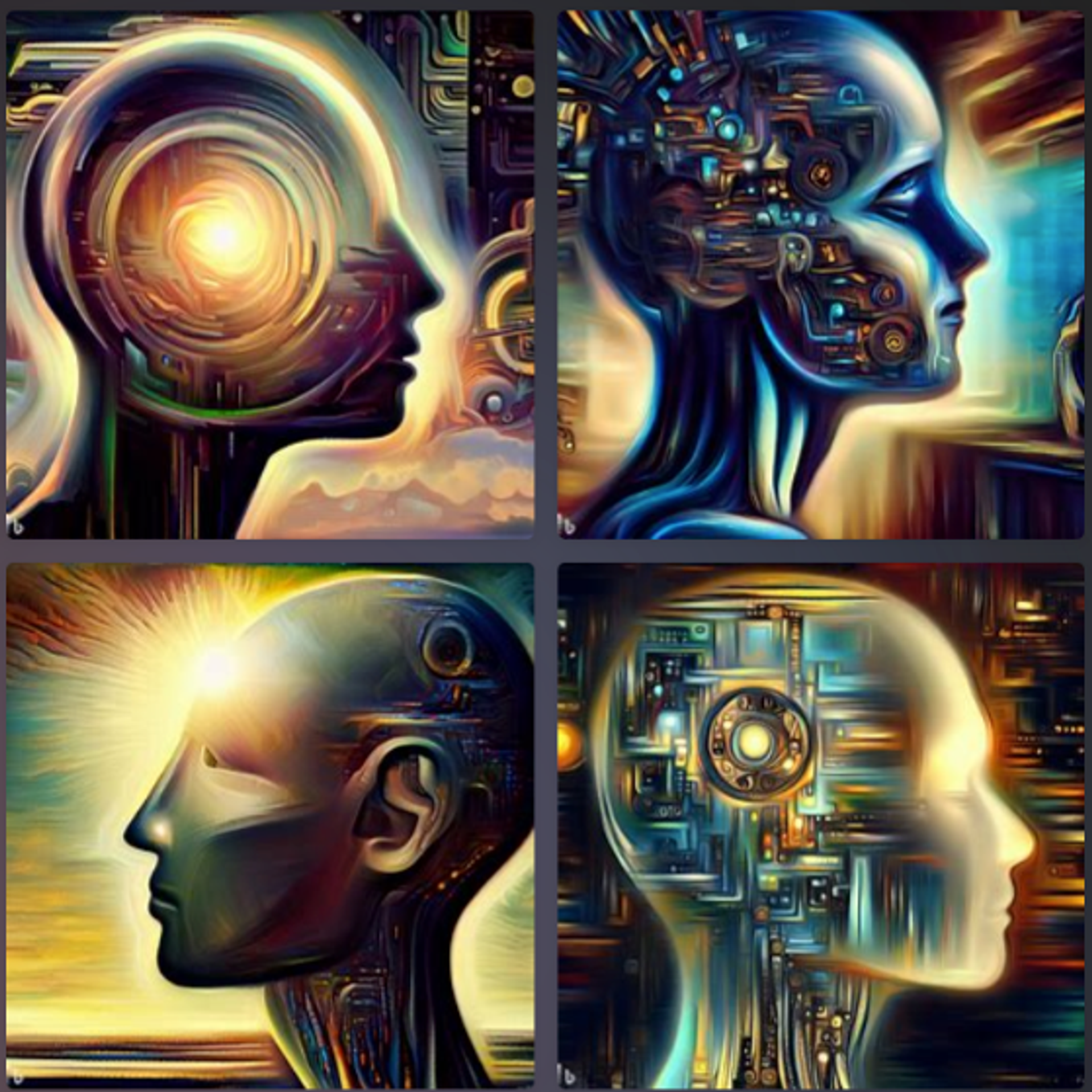The News
Artificial intelligence is soon going to be used in search engines, in office software, to make new art. It has made it easy to fake images of Donald Trump’s “arrest,” and is reportedly being used to create fake news anchors on a fake news channel where fake stories are distributed about U.S. politics and Chinese foreign policy. It can seem as though the future of artificial intelligence is being set as we speak.
In reality, the future of artificial intelligence will be a lot weirder than the public discourse around it suggests.
In this article:
Tom’s view
Memoirs of the Twentieth Century, a 1733 book by Samuel Madden, an Irish Protestant clergyman, has been called the earliest work of speculative fiction, and the first depiction of time travel in fiction. In it, letters from 1997 are sent back to Madden’s time.
As the blogger Scott Alexander once remarked, Memoirs is notable because the 1997 depicted in the book featured no technological advances over Madden’s 1733. People still sail in ships with cannon. Soldiers fight with swords and muskets. Madden’s great warning from the future is that the Catholic Church now controls much of the world.
The actual history that took place was grander and weirder than Madden could possibly have imagined. But he could only see the future through the lens of his own time and preconceptions, and he thought the most important thing of the next two centuries would be the Jesuits gaining power.
This is how I feel when I read about disinformation and algorithmic bias. Ten years ago, artificial-intelligence platforms couldn’t reliably tell a picture of a cat from a picture of a dog. Now they have superhuman image-recognition capabilities. They can translate any language well enough to be used in the European Parliament. They can make art from text prompts, edit video, write press releases, diagnose illness, give real-time subtitles, summarize videos, solve math problems, do science. They also suffer from algorithmic bias, and are used to peddle disinformation. It can feel as though whatever task you need doing — for good or for ill — there’s an AI for that. No job is going to look the same in 20 years. Maybe there won’t be any jobs in 100 years.
When you ask AI researchers about the future of AI, they say … a lot of different things, actually. But on average, they say that genuinely powerful, “transformative” AI might well arrive in the next few decades.
By “transformative” they mean having an impact as great as that of the agricultural or industrial revolutions. That could be good — an end to scarcity or disease — or bad: The median researcher surveyed estimated about a 5% chance that the outcome would be “extremely bad (e.g., human extinction).” (Again, there was a wide range of responses: That’s just an average.)
It’s not that AI disinformation or algorithmic bias aren’t real concerns, it’s that they take up so much of our discussion of the future of AI. If AI does keep improving, things are going to be weird. One of the weirdest things to ever happen to humanity. It will be incredibly powerful and yet utterly alien, and our future relies on how well we can control it.
Artificial intelligence today — and our discussion of it — feels like people in the 1980s worrying about whether the internet would undermine Nancy Reagan’s Just Say No campaign. Or someone in 1805 arguing that the steam engine would damage the sailmaking industry. Or a 1730s Protestant saying the big thing to happen by the 21st century would be that Catholics would still be bad.
Room for Disagreement
Big changes to human society take time. The economist Robert Solow said in 1987, “You can see the computer age everywhere but in the productivity statistics.”
Even when an exciting new technology debuts, it can’t transform how actual work gets done because there is no infrastructure set up to fully utilize it: When electric motors were developed, people tried to use them to replace the huge central steam engines that ran factories. But it wasn’t until factories were redesigned, to make use of lots of small motors powering individual machines, that electricity really changed manufacturing. AI may end up being similar.
Notable
- More than a thousand tech and AI researchers and leaders signed an open letter this week calling for a pause in training powerful AIs. They said that advanced AI “could represent a profound change in the history of life on Earth,” and that a six-month moratorium on training AI tools more powerful than GPT-4 — the most advanced platform yet unveiled — would give the world time to think about how that change should go
- Bill Gates recently released an essay on how he sees AI transforming the world: “In my lifetime,” he says, “I’ve seen two demonstrations of technology that struck me as revolutionary.” One was the graphical user interface, in 1980, which grew into Windows and MacOS. The other was GPT-4.

